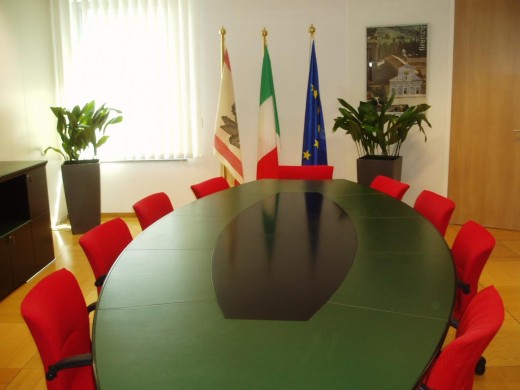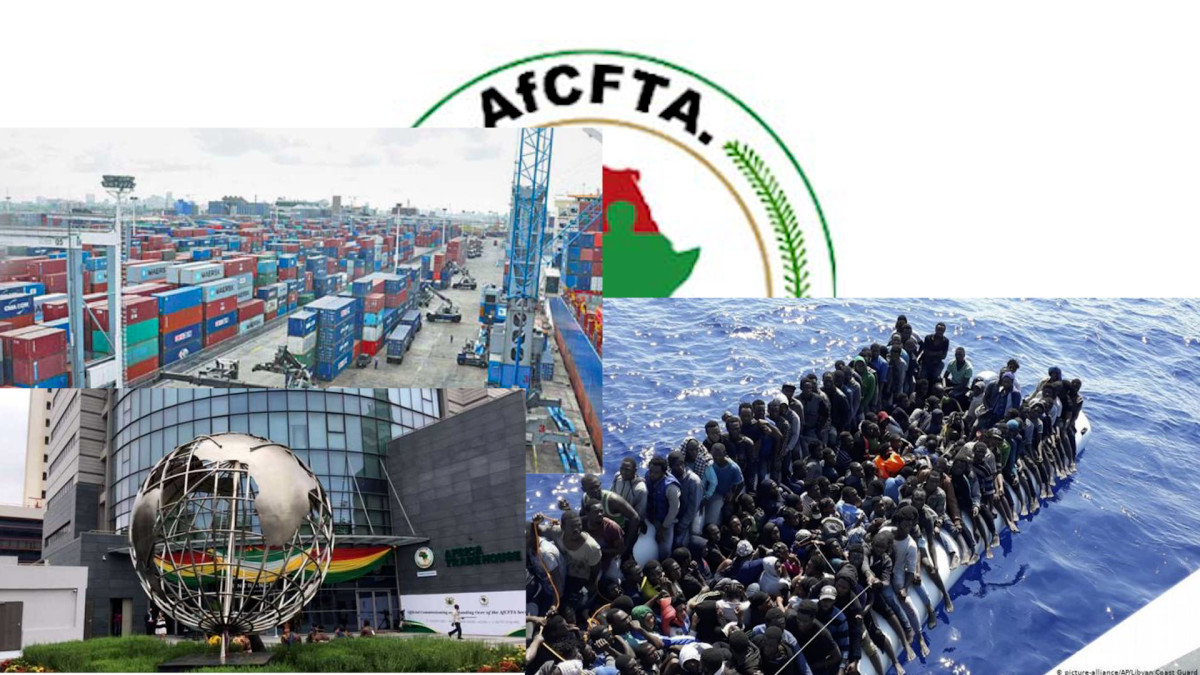Representing political interests in Bruxelles: the role of Orazio Cellini, secretary general of the Tuscany region
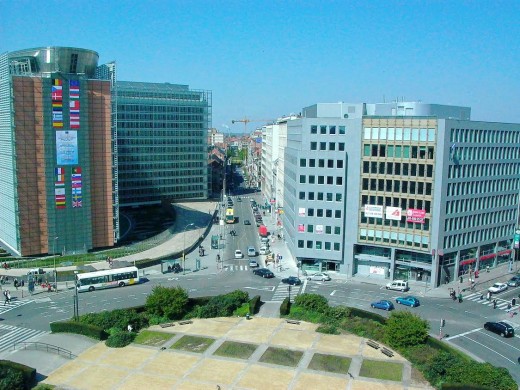
Can you explain how do you represent the specific interests of the Region of Tuscany and the Tuscan citizens?
The Liaison Office of the Region of Tuscany with the EU institutions, established by Regional Law 24 April 1998 n. 24 (Establishment of the Liaison Office of the Tuscany Region in Brussels, in accordance with the provisions of article 58 of the National Law February 6, 1996, n. 52) and subsequently modified by the Regional Law 22 May 2009, n. 26 (Discipline of European and international relevance of Tuscany), is directed by the Presidency and it's fully inserted into the regional structure in service and support of the Administrative Centre. The plan of the Office is composed as follows: 2 officers, 2 assistants and 1 manager.
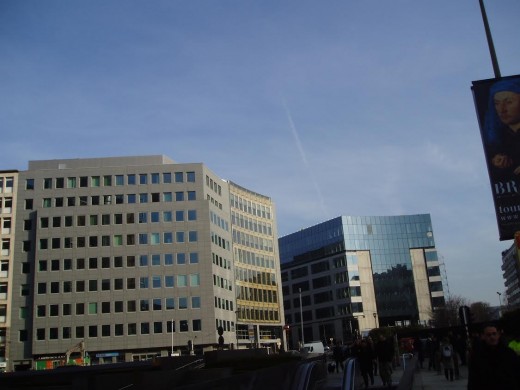
Why do you consider fruitful the representation? Is it possible to develop a numerical proportion (ex. money spent / return)? What's your level of autonomy?
The Tuscany Region has made a strategic decision in Keeping the Office of Brussels, and it has closed all other desks or locations outside Europe. The Office is fully involved in the process of negotiating and implementing the Structural Funds for Tuscany for the period 2007-2013: 1,169 billion euro (about 3 billion investment) and for the period 2014-2020: 1,396,000,000 of Euros (about 2.752 billion of investment). We also give assistance in the EU funds that are directed to the private companies: in the period 2007-2014 there were 114 European projects completed or under construction, where the Region of Tuscany and regional agencies have been leader or member for a total of 21,887,000 euro. The office produces a series of information products on political and European funding, which is available online on the European page in the regional website. It also organises seminars for regional delegations with representatives of EU institutions. The Office operates on input and request of the regional institutions, political bodies and organisational center. In responding to these requests it works, as all the regional structures, adequately to provide services, agreeing with its interlocutors specific modes.
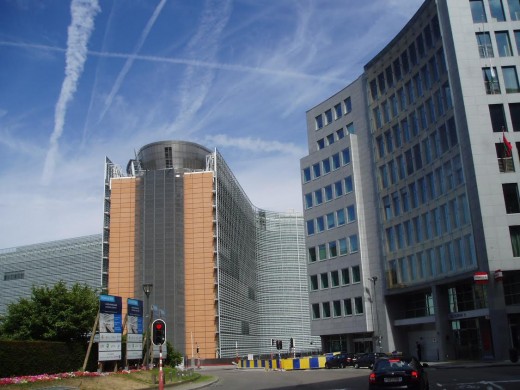
How do you agree with this phrase from CIPI Report 2006 "Italian lobbies in Brussels"?
The regional governments offices in Brussels are reasonably organised. They are functional in obtaining European funds, and are often invited to participate in a semi-formal and formal meetings of the European Union. The problem is that many of these offices have a deficient organisation at home. The shadow of the national government, with elected politicians and the massive media publicity centred on national issues, often makes it difficult to establish the real priorities.
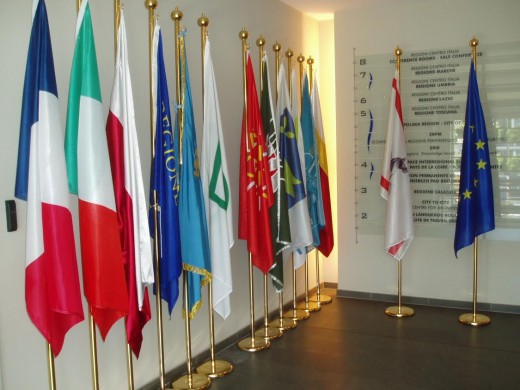
What points have evolved since 2006? What are the prerogatives of Tuscany in the representative activity? And the national ones?
The presence of the offices of the regional and sometimes even provincial level in European cities, Brussels, has got a wide and extensive experience, taking into account the institutional, political and financial elements that concerns the European Union. The regions in this context, have a role to play in relation to their expertise, as evidenced by the establishment of the Committee of the Regions. In general we can say that the validity of the regional offices depends above all on their internal organization and the degree of integration with the regional structure. The experience of Tuscany shows that, thanks to the process of further functional integration made in recent years of his office with the remaining regional machine (example: the staff are all regional dependents and all external contracts did end) was further established a working relationship serving the territory.
